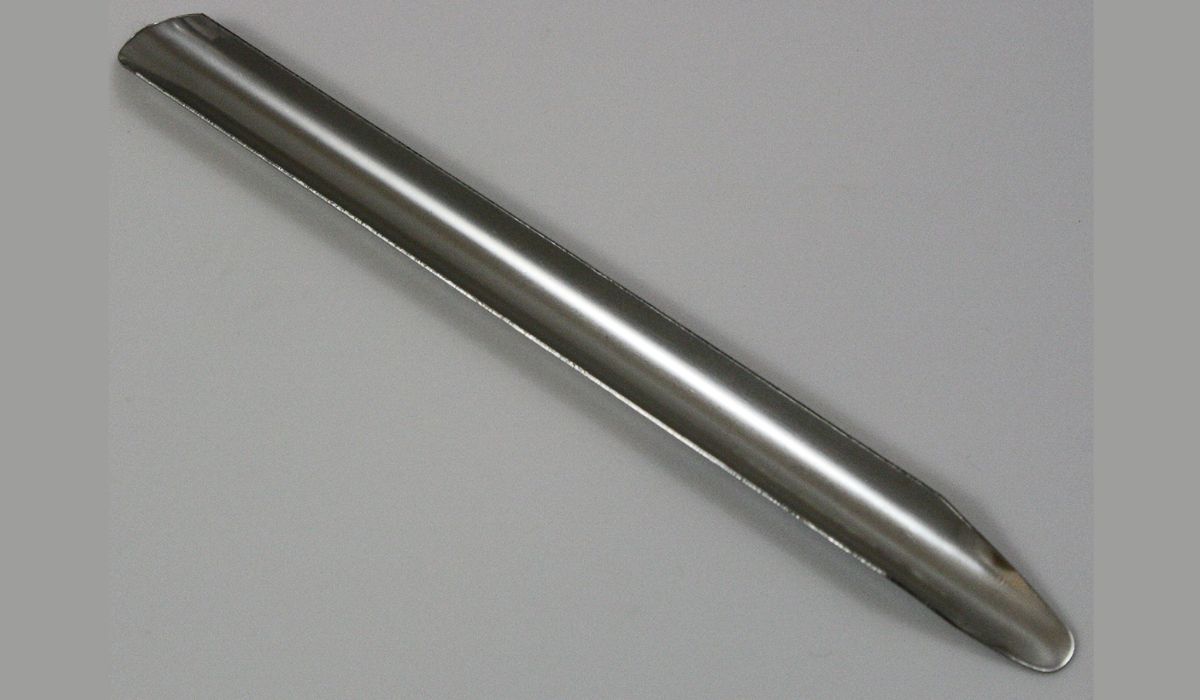The scoopula is a crucial instrument for scientific study and experimentation, and it is found in every lab. Because of its versatility and user-friendliness, it has become an indispensable tool in many scientific fields.
History and Evolution
The scoopula has its roots in the earliest days of laboratory procedures, when simple spoons were used before giving way to more refined and standardised designs. Because of the wide range of research interests, it has undergone numerous design and functional changes throughout the years.
Material and Design Variations
Depending on the application, scoopulas can be made from a variety of materials, such as stainless steel, plastic, and even disposable wood. They come in a wide variety of forms and sizes, from spatulas to micro versions, making them useful for a wide variety of applications.
Applications in Laboratories
Scoopulas are multifunctional tools commonly used in laboratories. They make it easier to conduct precise experiments and collect representative samples by allowing the transfer and measurement of minute amounts of grains and powders. The biological, chemical, and other sciences all find use in them.
Scoopula in Chemistry
Scoopulas help with chemical studies by facilitating the careful manipulation of chemicals and samples, making them indispensable in chemistry laboratories. They are essential for ensuring the reliability of experiments by facilitating the mixing and transport of materials.
Hygiene and Safety Measures
Using scoopulas requires a commitment to cleanliness and a strict adherence to safety procedures. The safety of the user and the experiment can be maximised through routine sterilisation and careful handling, which reduces the likelihood of contamination.
Future Innovations and Trends
Invention and technological advancement are the scoopulas’ future. Advancements may include smart materials, ergonomic enhancements, and potential integration with automated laboratory systems, boosting efficiency and precision.
Conclusion
In conclusion, the scoopula is still widely used in since it is a trusted device for conducting experiments and gathering data. It has changed over time to accommodate the specific and varied requirements of several scientific fields, from chemistry to biology and beyond. Precision, accuracy, and efficiency in scientific experiments and analysis continue to rely heavily on the scoopula due to its wide range of uses, focus on cleanliness and safety, and possibility for future advancements. As it continues to develop, it will become even more necessary in the ever-changing world of laboratory equipment.
Also Read: Maximizing Efficiency: A Comprehensive Guide to Automation in Pathology Laboratory.
Frequently Asked Questions (FAQs)
Why is a scoopula essential in laboratories?
It is indispensable due to its adaptability in sample manipulation and precision in measurement.
What are the safety precautions when using a scoopula?
Make sure everything is clean, sterilised, and handled properly to avoid spreading disease.
To what end does a scoopula contribute to laboratory chemistry?
It aids in the precise transfer and mixing of substances, which is necessary for reliable chemical reactions.
Are there eco-friendly alternatives to standard scoopulas?
In order to reduce their environmental impact, some laboratories use recyclable or biodegradable supplies.
Where do you see scoopula technology going from here?
Smart materials, ergonomic improvements, and the incorporation of automated systems are all possibilities for the future of innovation.











